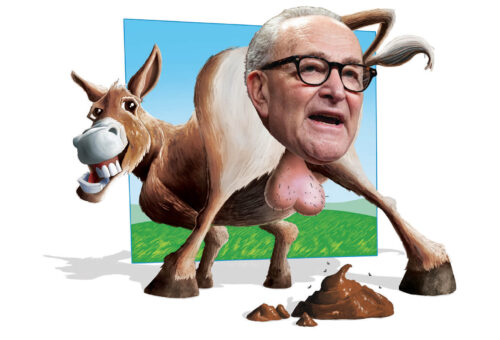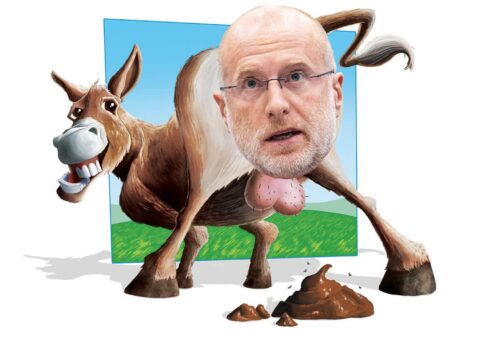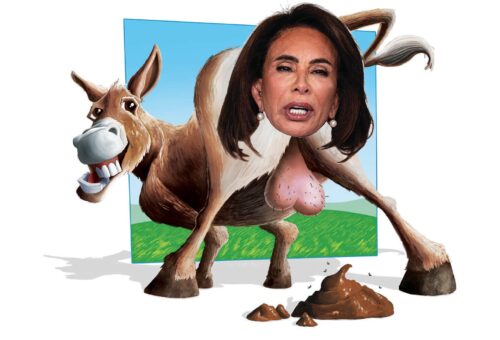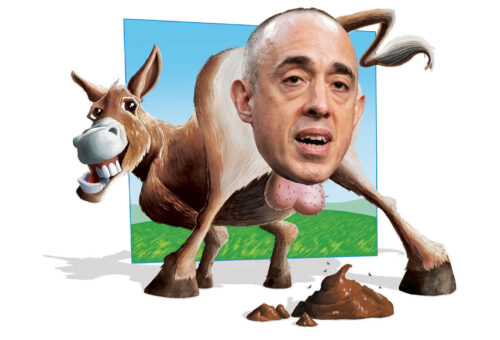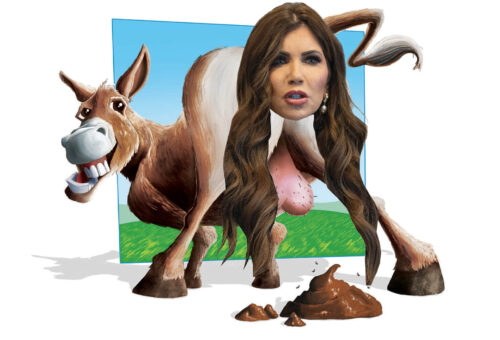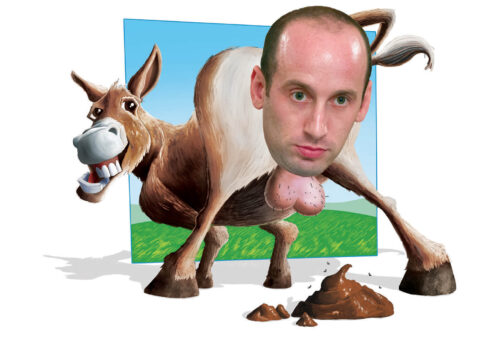More War
In early April, as President Donald Trump’s approval ratings were near the lowest they’d been since taking office, a suspected chemical attack killed dozens of civilians —including many children— in the rebel-held Syrian town Khan Sheikhoun. Cable news networks aired gruesome video footage showing dozens of dead bodies and other victims writhing in agony.
Trump described the incident as “reprehensible” and quickly blamed Syrian President Bashar al-Assad. Barely 72 hours later he ordered a cruise missile barrage targeting a Syrian airbase.
Four days after Trump’s response, the White House released a declassified brief said to contain evidence supporting its conclusion that Assad was responsible for the chemical attack. By then the U.S. media, not to mention Republicans and Democrats alike in Congress, had lauded Trump’s show of force. His public approval ratings shot back up. But there were some inconsistencies that few in the media or Congress were willing to address.
For a start, Syria and Russia denied responsibility for dispersing chemical weapons in Khan Sheikhoun. They claimed that the most likely cause was a Syrian missile strike on a cache of nerve gas stockpiled by rebels. Moreover, the Assad regime had been gaining considerable ground against ISIS and other opposition forces once Russia became a staunch military ally in Syria’s civil war. Why risk international condemnation by using banned weapons in a conflict they were already winning?


















